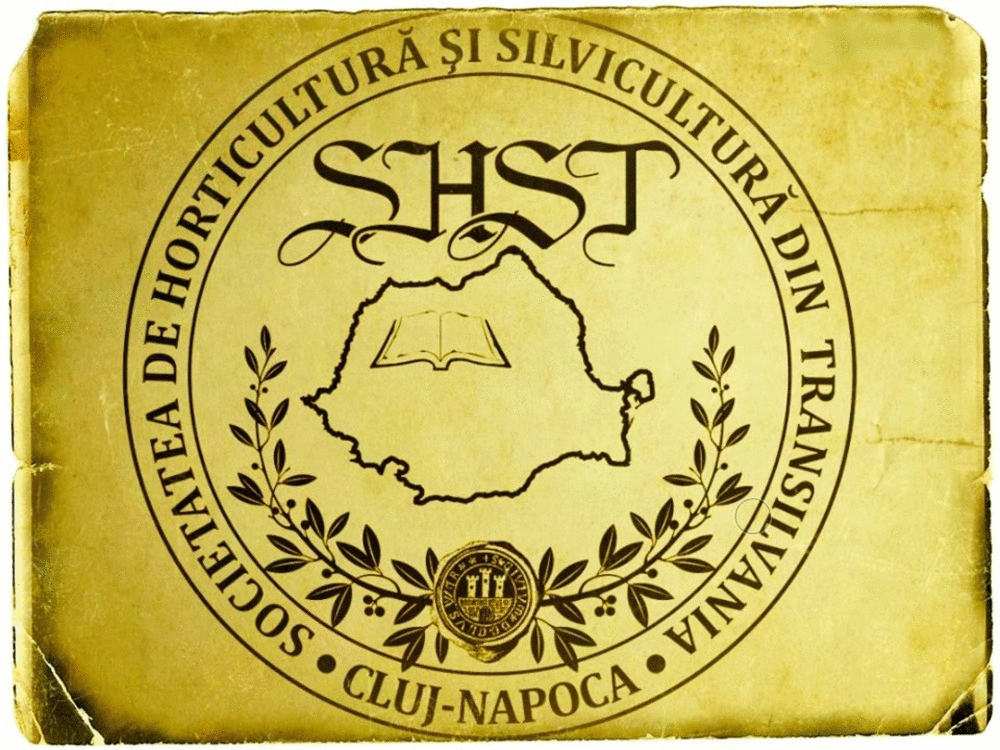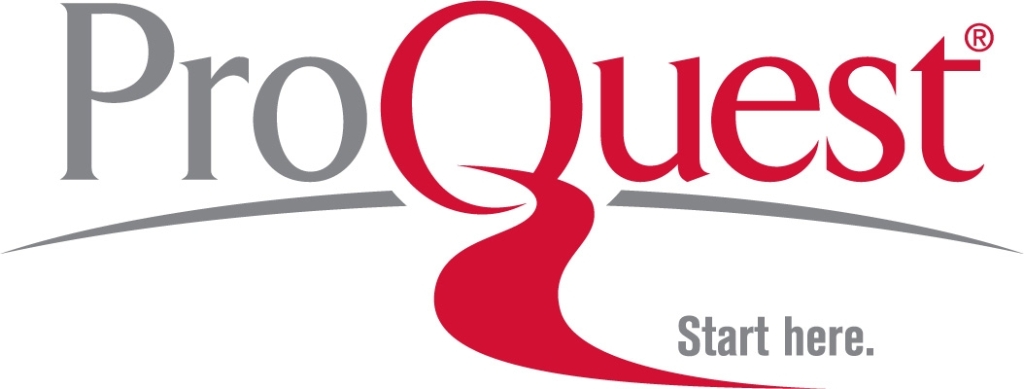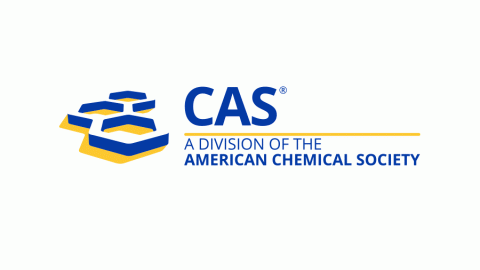Climate Change Influence on Agriculture and the Water-Energy-Food Nexus in Central and Eastern European Countries
DOI:
https://doi.org/10.15835/nsb9410193Keywords:
climate adaptation; food production; land -use; policy; sustainability; WEF nexusAbstract
The Water-Energy-Food (WEF) Nexus concept has great potential for understanding a region’s vulnerability to climate change. This paper examines individual components that form the supporting pillars of the nexus in Central and Eastern European (CEE) countries. An overview of specific CEE political environments that govern economic and environmental policies are examined to select several domains representing higher risks to society, environment and economies of selected countries, together with evaluation of extant interlinkages between climate change, agriculture and the WEF nexus. While a variety of studies quantify and analyze climate change impacts on water availability, crop yields, yield variability, or alternative energy needed to mitigate global warming effects, this paper shows there is no clear evidence of a nexus-based integration to help manage or mitigate extreme future climate change-related events in the region. The study provides a model for supporting WEF pillars and advances recommendations for consideration of the nexus approach in relation to climate adaptation.
Metrics
Downloads
Published
How to Cite
Issue
Section
License
Papers published in Notulae Scientia Biologicae are Open-Access, distributed under the terms and conditions of the Creative Commons Attribution License.
© Articles by the authors; licensee SMTCT, Cluj-Napoca, Romania. The journal allows the author(s) to hold the copyright/to retain publishing rights without restriction.
License:
Open Access Journal - the journal offers free, immediate, and unrestricted access to peer-reviewed research and scholarly work, due SMTCT supports to increase the visibility, accessibility and reputation of the researchers, regardless of geography and their budgets. Users are allowed to read, download, copy, distribute, print, search, or link to the full texts of the articles, or use them for any other lawful purpose, without asking prior permission from the publisher or the author.













.png)















